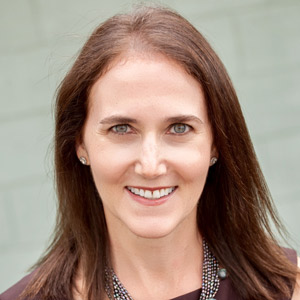Communicating with My Kids Despite Hearing Loss - NY Metro Parents

Shari Eberts shares how she and her kids overcome the challenges that come with hearing loss.
Weekend plans? Get local family events delivered to your inbox.
When they started school, communication became even more important, and a few logistical rules were required: Remember to face me when you talk to me; speak slower so I can understand you; don’t cover your mouth with your hands; if I can’t see you, I can’t hear you. I know I sound like a broken record, but what choice do I have?
Some days they remember, others they forget. They face me for one sentence but turn away for the next. It causes sadness and irritation on both sides. I wonder why they can’t consistently speak so I can understand them, and they get annoyed that their nagging mom can’t hear them. There are some tough moments, especially when they wave their hands at me in frustration and say, “Never mind.” That really brings me to a boil.
The good news is, children can be very accepting. One day I asked my children if it bothered them to have a mom with hearing loss. They looked at me like they didn’t understand the question. It is all they have ever known.
Main Image: Courtesy Shari Eberts
RELATED: Read more essays from local parents!
https://ift.tt/31Zn6L3




Comments
Post a Comment